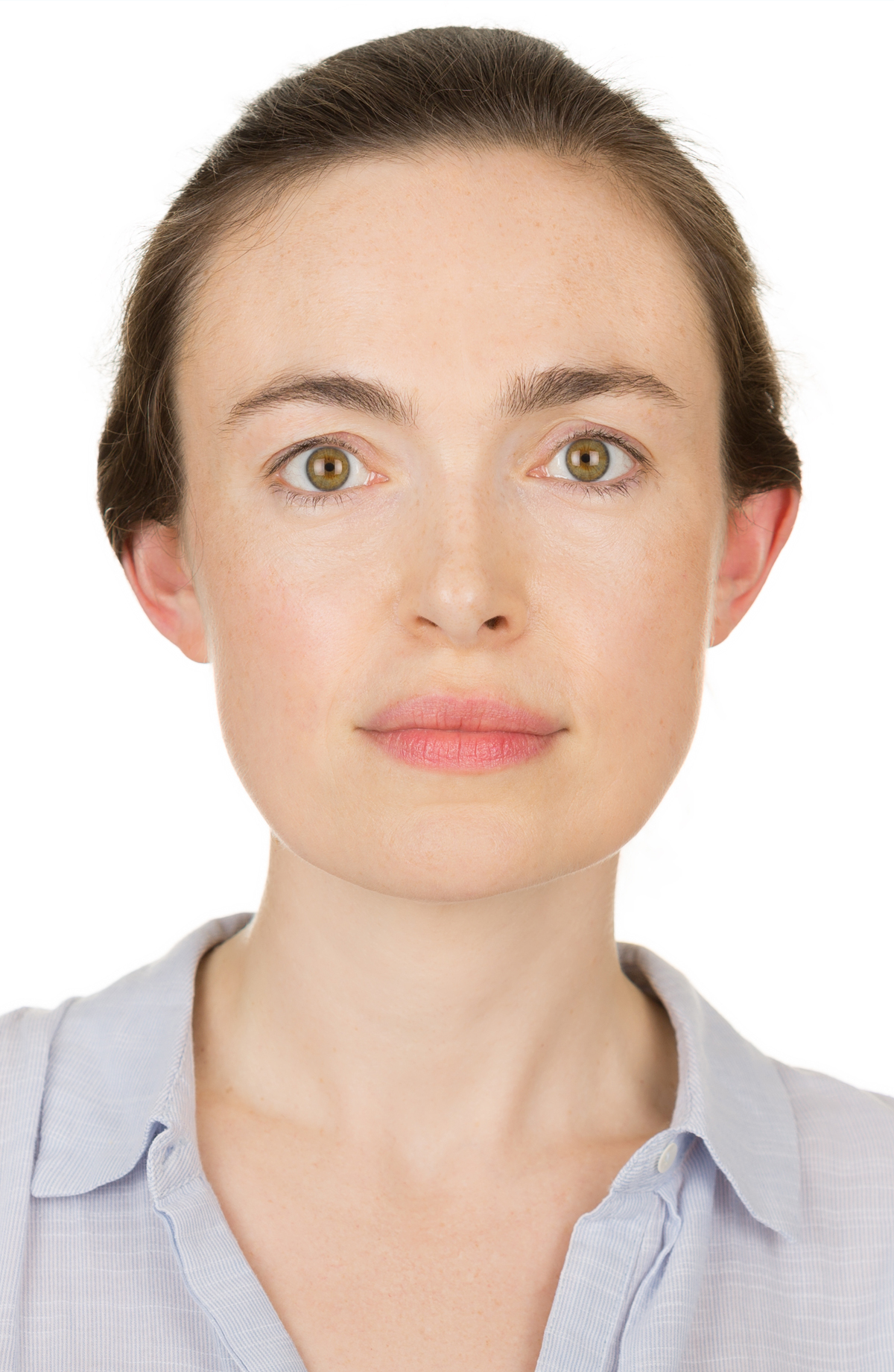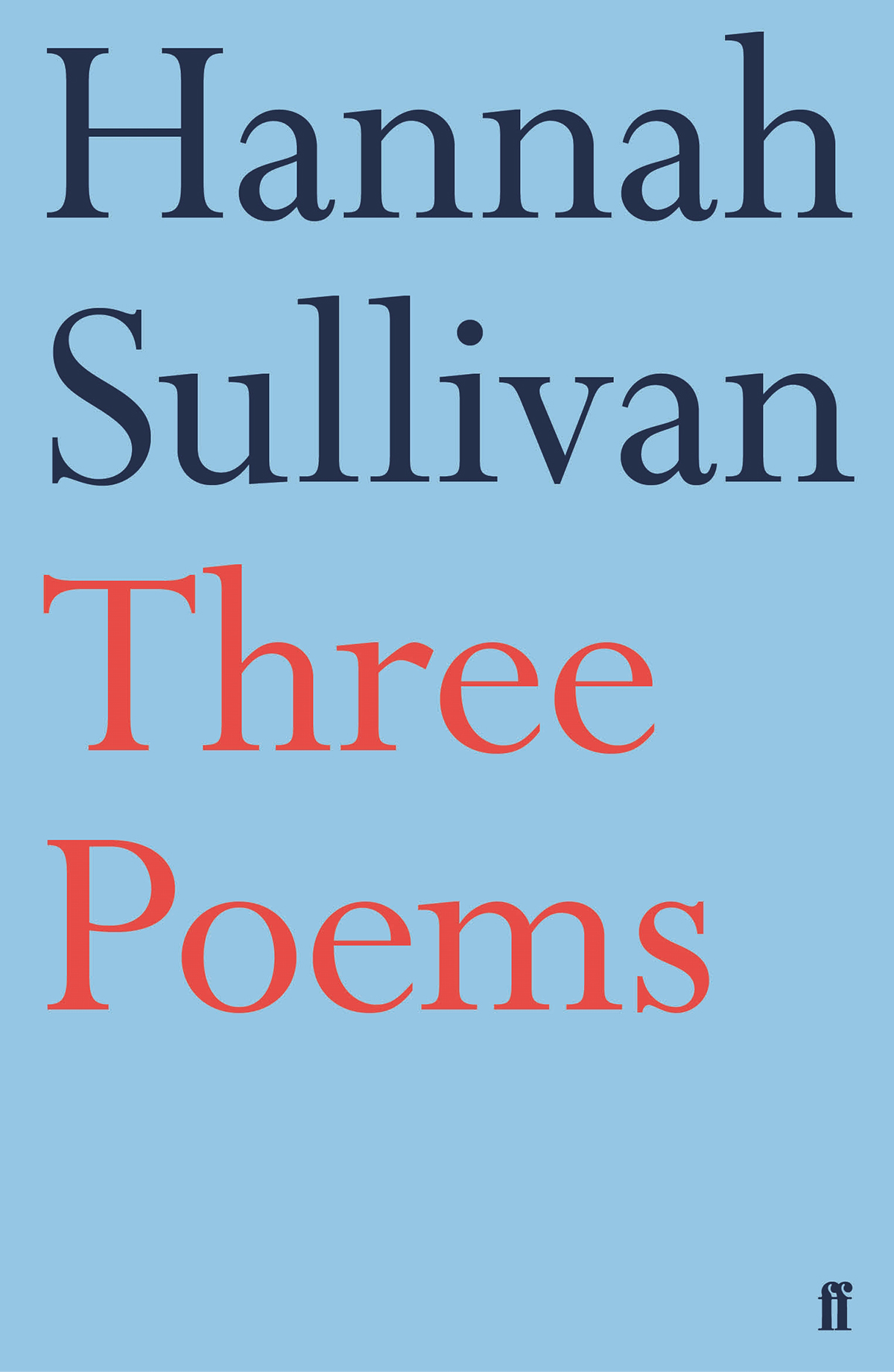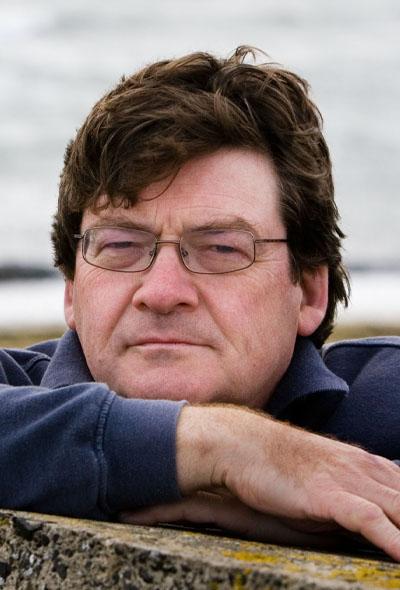In 2023 the T. S. Eliot Prize celebrates its 30th anniversary. We’re marking the occasion by looking back at the collections which have won ‘the Prize poets most want to win’ (Sir Andrew Motion).
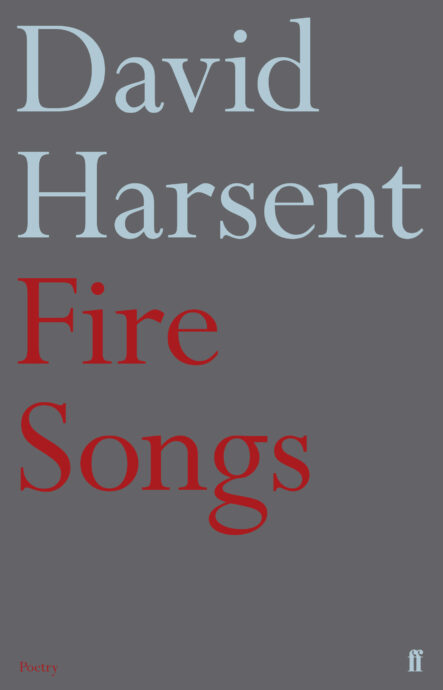
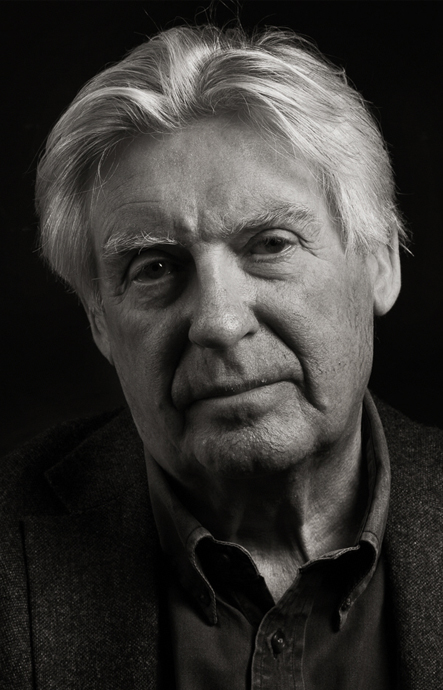
When David Harsent won the T. S. Eliot Prize 2014 for Fire Songs (Faber & Faber), Helen Dunmore, who chaired a judging panel that also included Sean Borodale and Fiona Sampson, described him as ‘a poet for dark and dangerous days’. Fire Songs, she said, ‘plumbs language and emotion with technical brilliance and prophetic power.’
We asked David to reflect on his experience as an Eliot Prize winner and judge. He wrote:
Having judged the prize, having been four times shortlisted, and having won it with Fire Songs, I am very aware of the responsibilities, the disappointments and the elation that are part of the T. S. Eliot Prize for those most closely involved. No less important is the wide influence and high reputation attached to the Prize as a means of drawing attention to the art of poetry at a time when few people read and fewer read poetry; at a time when poetry remains crucial as a means of interpreting the world.
David Harsent has published thirteen collections of poetry. Legion won the 2005 Forward Prize for Poetry. Night (2011), a Poetry Book Society Choice, was shortlisted for the Costa, Forward and T. S. Eliot poetry prizes and won the Griffin International Poetry Prize. His most recent collection, Loss, was published in 2020. (David Harsent photo © Simon Harsent)
ABOUT THE T. S. ELIOT PRIZE
The T. S. Eliot Prize celebrates its 30th anniversary in 2023. Awarded annually to the best new poetry collection published in the UK and Ireland, the Prize was founded by the Poetry Book Society in 1993 to celebrate the PBS’s 40th birthday and to honour its founding poet. It has been run by The T. S. Eliot Foundation since 2016. For more on the history of the Prize, visit tseliot.com/prize
The judges of the T. S. Eliot Prize 2023 are Paul Muldoon (Chair), Sasha Dugdale and Denise Saul. The 2023 shortlist will be announced in September and the Shortlist Readings will be held on 14 January 2024 at the Southbank Centre’s Royal Festival Hall; tickets will go on sale later this year. The winner of the 2023 Prize will be announced at the Award Ceremony on 15 January 2024.
Sign up to the T. S. Eliot Prize e-newsletter for regular updates about the award. It includes poems and specially commissioned video readings by our shortlisted poets, plus interviews, biographical information, reviews, Readers’ Notes, and news and offers from across the poetry world.



